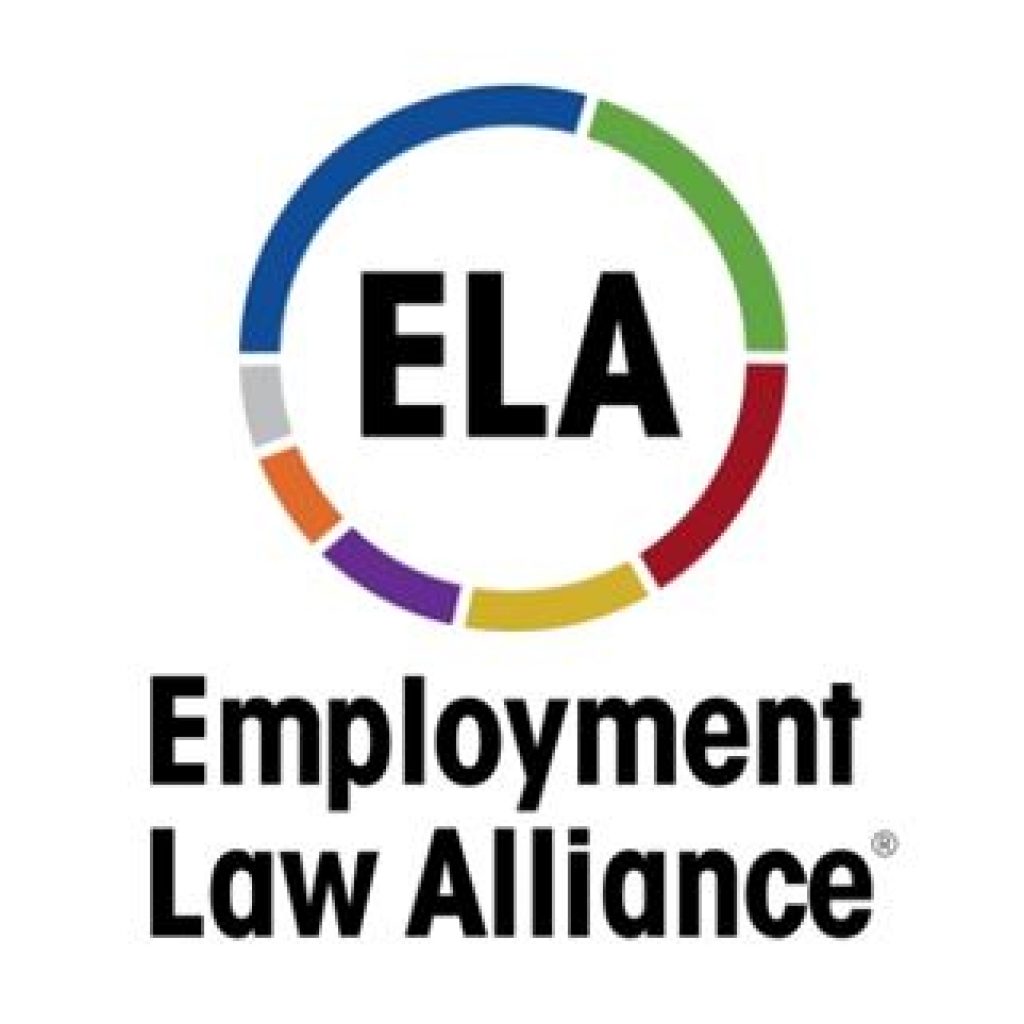Wait Time Not Compensable Under Portal-to-Portal Act
The time that employees spent waiting to start work after being transported to their work site was not compensable under the Fair Labor Standards Act.
In Bridges v. Empire Scaffold, LLC, the employees were required to take a bus to the refinery worksite, arriving in advance of the scheduled start time (anywhere from 15 minutes to over 1½ hours). The employees could spend the waiting time in personal activities. The employees claimed that they should be paid for the waiting time. The employees argued that the court should have examined whether the time predominantly benefited the employer, and if so, such time should be deemed compensable.
The U.S. Court of Appeals for the Fifth Circuit, however, stated that this analysis did not apply in light of the Supreme Court’s ruling in Integrity Staffing Solutions, Inc v. Busk. The Supreme Court had held that the applicable analysis is whether the activities is question were “integral and indispensable” to the employees’ principal activities and therefore compensable, or whether they were non-compensable preliminary or postliminary activities. The Portal-to-Portal Act excludes compensation for activities that are preliminary or postliminary to the principal activity. In the present case, the waiting time spent in personal activities was found to be not “integral and indispensable” to the employees’ principal activities of erecting and dismantling scaffolding, safety meetings, and completing safety paperwork.







